Tech industry takes vast lead in green energy spending, biggest companies vie for top spot
Big tech has doubled down on clean power contracts as the sector seeks to dodge energy costs and meet climate goals

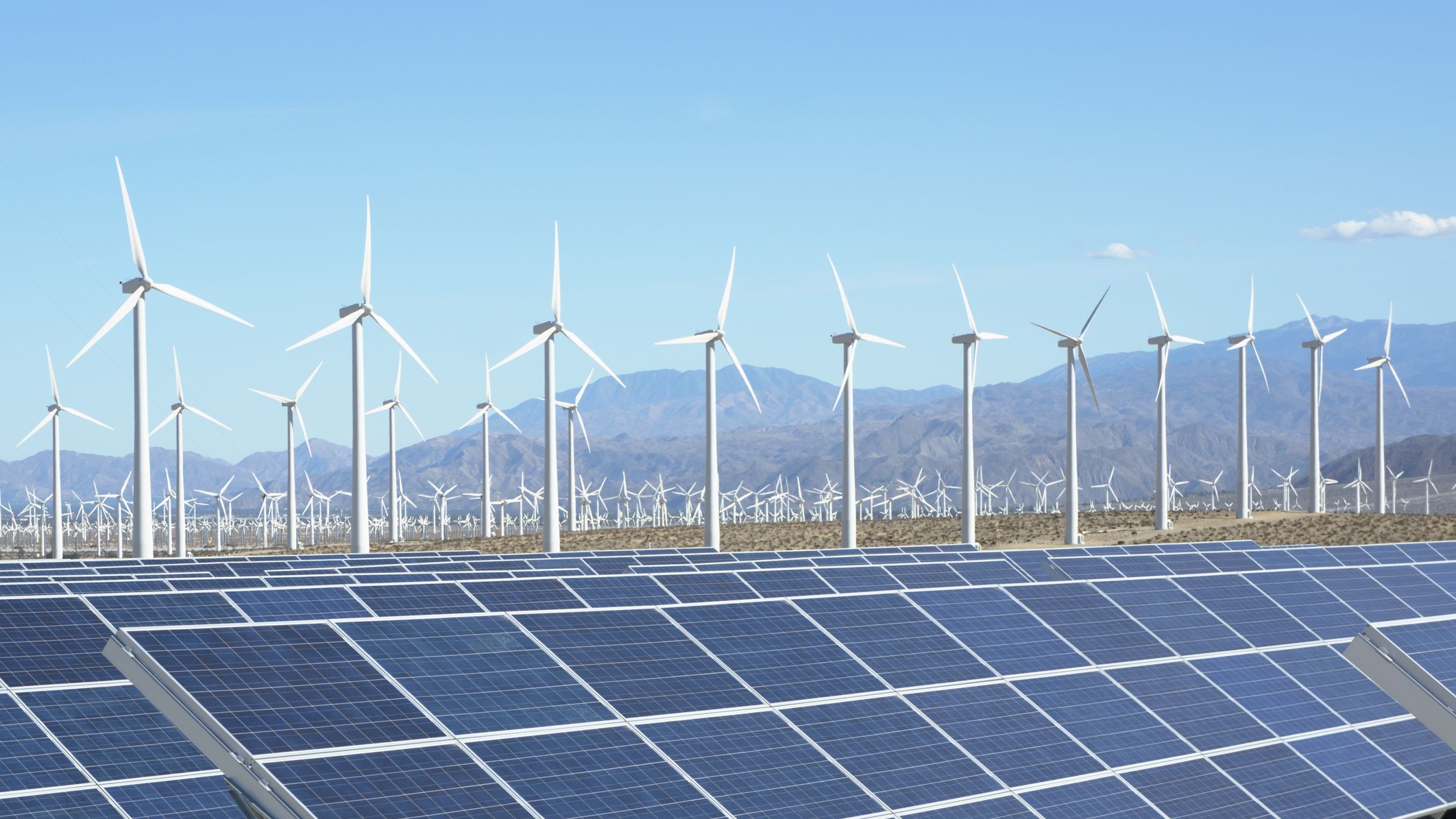
Companies in the tech industry have contracted more renewable energy across 2022 than any other sector in a year that saw record investment in clean power, according to a new report.
326 companies invested in 77 gigawatts (GW) of domestic clean energy throughout the year, enough to power more than one thousand data centres and worth more than $55 billion (£44.6 billion) in capital investment.
RELATED RESOURCE
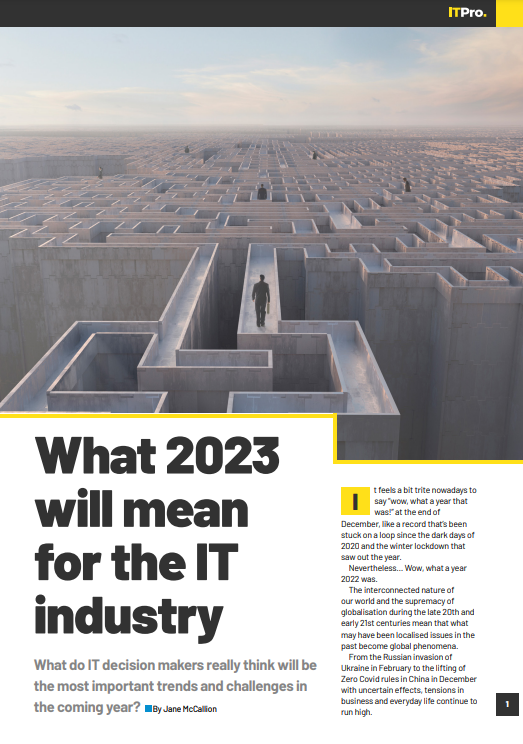
What 2023 will mean for the industry
What do most IT decision makers really think will be the important trends and challenges in the coming year?
The tech sector alone accounted for 48% of all wind and solar power totalling 36.8 GW, with the energy industry coming in second at just 6.7 GW, according to the American Clean Power Association's figures.
Tech giants Amazon, Meta, and Google have contracted the most of all companies in the sector. By the end of 2022, the companies had contracted 12.4 GW, 8.7 GW, and 6.2 GW respectively.
Over half of the contracted power is not yet operational. But 36 GW, equivalent to 16% of all renewable power operating in the US, now stems from corporate funding as companies look to decrease carbon impact across their supply chains and invest in renewables for long-term stability.
Large tech firms have typically chosen to invest in clean power contracts close to locations of important operations such as offices, warehouses or data centres.
Those with more operations centres have invested in more geographically-diverse projects, with only Meta, Amazon, Google, Microsoft, Verizon, and Walmart having started projects in ten or more states.
Sign up today and you will receive a free copy of our Future Focus 2025 report - the leading guidance on AI, cybersecurity and other IT challenges as per 700+ senior executives
Meta’s contracted projects, for example, have been built in close proximity to its regional data centres which make up much of the company’s annual energy demand. Each Meta clean power project across 22 states operates on the same grid as a Meta data centre, apart from its planned centre in Kuna, Idaho.
The location of clean power projects is largely influenced by power purchase agreements (PPAs) - the most popular mechanism used by companies to purchase renewable energy.
These see a company agree to purchase energy from a generator that owns and operates a project at a set price, rather than a utility company. Companies obtain renewable energy credits which add to their sustainability records.
Texas, for example, accounts for 35% of all corporate clean energy contracts partly because the state is well-situated for both solar and wind power, but also because of relatively cheap PPAs with The Electric Reliability Council of Texas (ERCOT).
Green energy keeps data centres affordable
Analysts say that businesses are increasingly betting on sustainability to tackle disruption, and contracting power generation is key to this long-term investment.
In 2022, Gartner warned that the energy crisis will hit data centre budgets by 40% or more. Tiny Haynes, senior research director at Gartner, told the IT Pro Podcast that prices could remain volatile for years.
Renewable energy is cheaper to generate than it has ever been thanks to investment in wind and solar technology, and is already being embraced by companies seeking to slash their energy bills.
Firms are more aware of the cost of sticking with fossil fuels than ever, especially after the scare of rising fossil fuel prices driven by Russia’s invasion of Ukraine.
Corporate investment has turned to solar over wind power, as firms look to shore up utility-scale energy security with 14.4 GW of procurement in 2022. 58% (45 GW) of corporate contracted renewable energy is in solar, though only 28% of this is currently in operation.
Amazon has an official target of running on 100% renewable energy by 2030, though claims it is set to reach this goal by 2025. Google has committed to operations on “24/7 carbon-free energy” by 2030, while Meta targets [PDF] net-zero greenhouse gas emissions across its "value chain" by 2030.

Rory Bathgate is Features and Multimedia Editor at ITPro, overseeing all in-depth content and case studies. He can also be found co-hosting the ITPro Podcast with Jane McCallion, swapping a keyboard for a microphone to discuss the latest learnings with thought leaders from across the tech sector.
In his free time, Rory enjoys photography, video editing, and good science fiction. After graduating from the University of Kent with a BA in English and American Literature, Rory undertook an MA in Eighteenth-Century Studies at King’s College London. He joined ITPro in 2022 as a graduate, following four years in student journalism. You can contact Rory at rory.bathgate@futurenet.com or on LinkedIn.
-
 What the UK's new Centre for AI Measurement means for the future of the industry
What the UK's new Centre for AI Measurement means for the future of the industryNews The project, led by the National Physical Laboratory, aims to accelerate the development of secure, transparent, and trustworthy AI technologies
-
 Meta's huge capex spree shows it's struggling to keep pace with Google and OpenAI
Meta's huge capex spree shows it's struggling to keep pace with Google and OpenAINews Meta CEO Mark Zuckerberg promises new models this year "will be good" as the tech giant looks to catch up in the AI race
-
 Small businesses are ‘flying blind’ on carbon emissions and struggling to meet sustainability goals – and the blame lies with big tech vendors
Small businesses are ‘flying blind’ on carbon emissions and struggling to meet sustainability goals – and the blame lies with big tech vendorsNews Research from Wasabi shows small businesses are struggling to keep track of carbon emissions, and a key factor lies in the poor reporting from tech vendors.
-
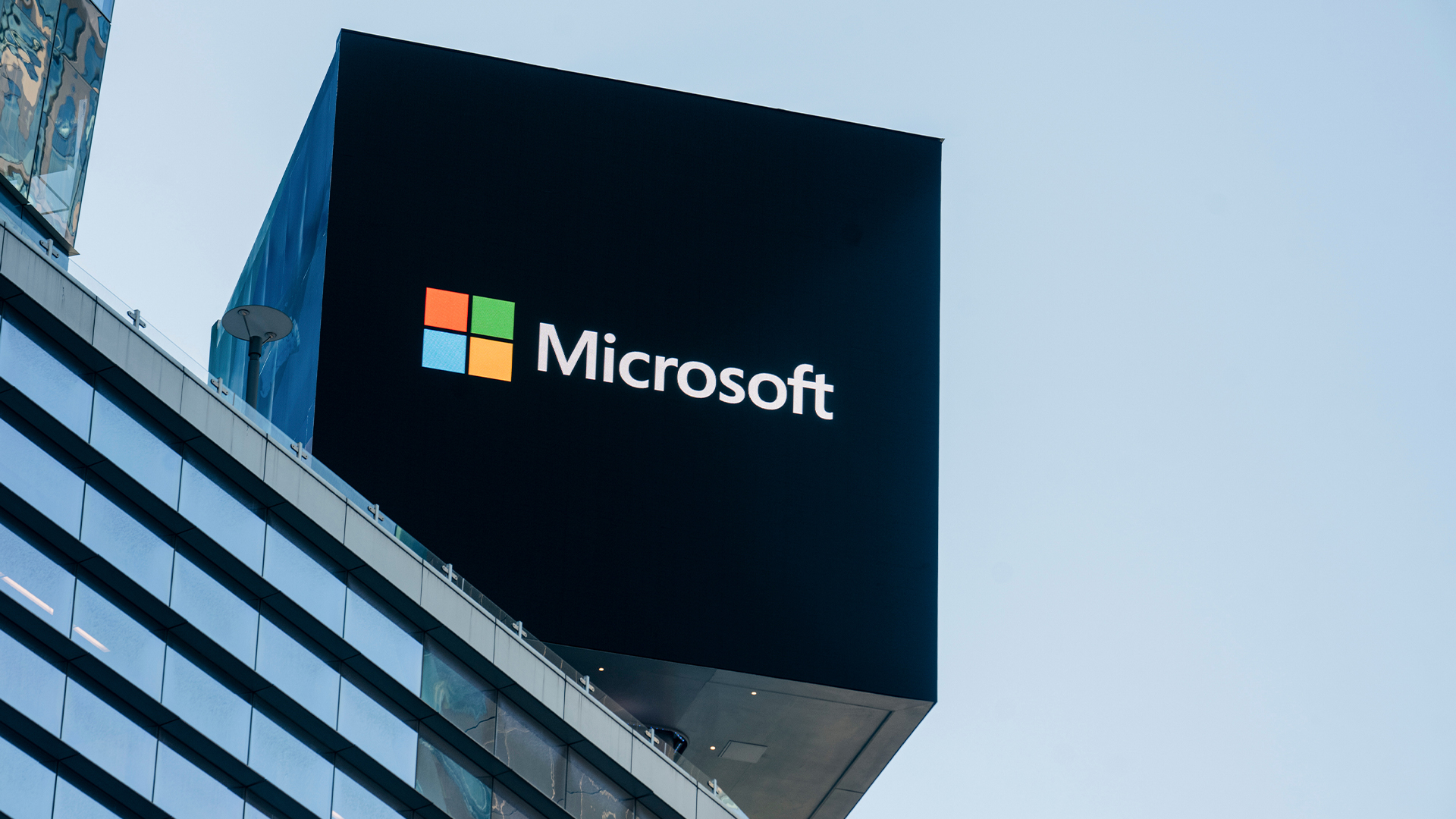 Microsoft just hit a major milestone in its ‘zero waste’ strategy
Microsoft just hit a major milestone in its ‘zero waste’ strategyNews Microsoft says it's outstripping its zero waste targets, recording a 90.9% reuse and recycling rate for servers and components in 2024.
-
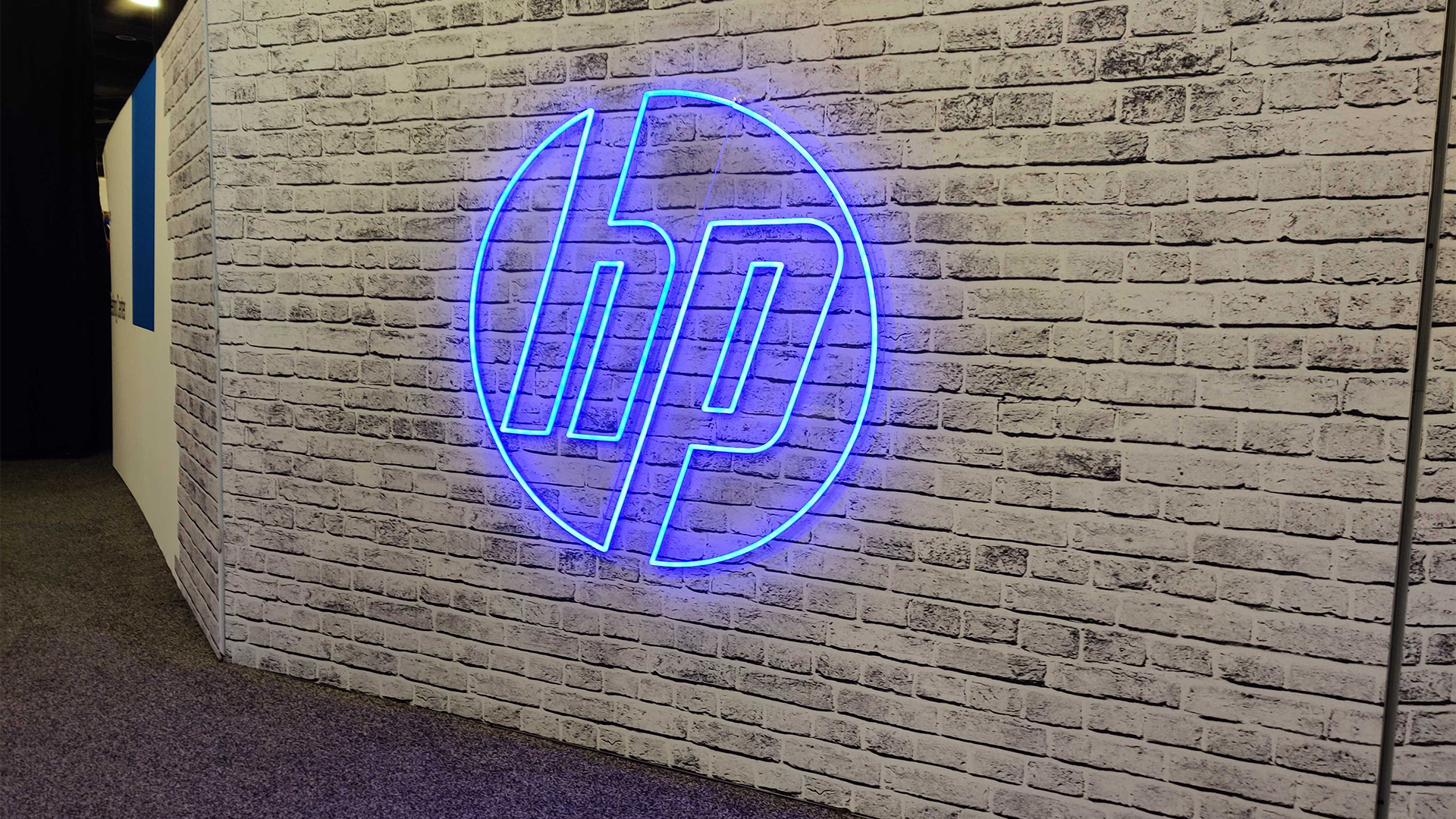 HP’s sustainability drive is paying off for channel partners
HP’s sustainability drive is paying off for channel partnersNews Channel partners that bought into HP’s sustainability program saw sales increase as customers react positively
-
 Beyond the upgrade: How to maximize IT investments and minimize waste
Beyond the upgrade: How to maximize IT investments and minimize wasteHow to maintain optimal performance and productivity with your fleet of hardware and stave off the next upgrade cycle for a bit longer
-
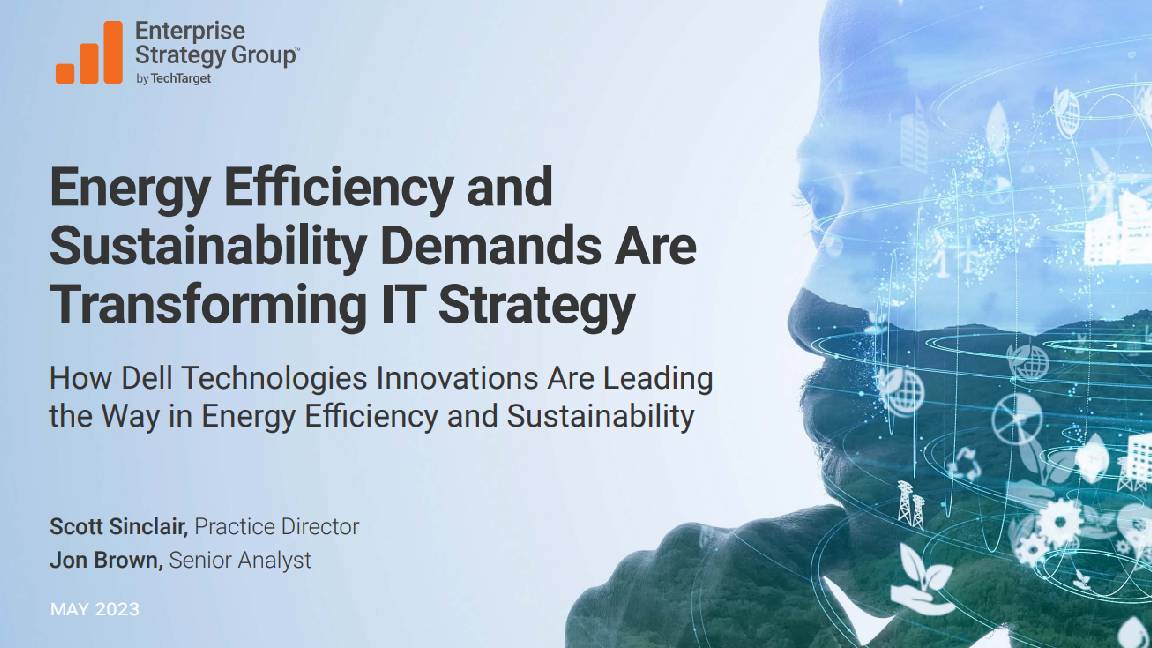 Energy efficiency and sustainability demands are transforming IT strategy
Energy efficiency and sustainability demands are transforming IT strategywhitepaper How Dell Technologies innovations are leading the way in energy effiency and sustainability
-
 Energy efficiency and sustainability demands are transforming IT strategy
Energy efficiency and sustainability demands are transforming IT strategywhitepaper How Dell Technologies innovations are leading the way in energy effiency and sustainability
-
 Creating successful supply chain planning transformations in the consumer industry
Creating successful supply chain planning transformations in the consumer industryWhitepaper Think differently about SCP transformations and, in doing so, move into a better future for supply chains
-
 Better together
Better togetherWhitepaper Achieve more with Windows 11 and Surface